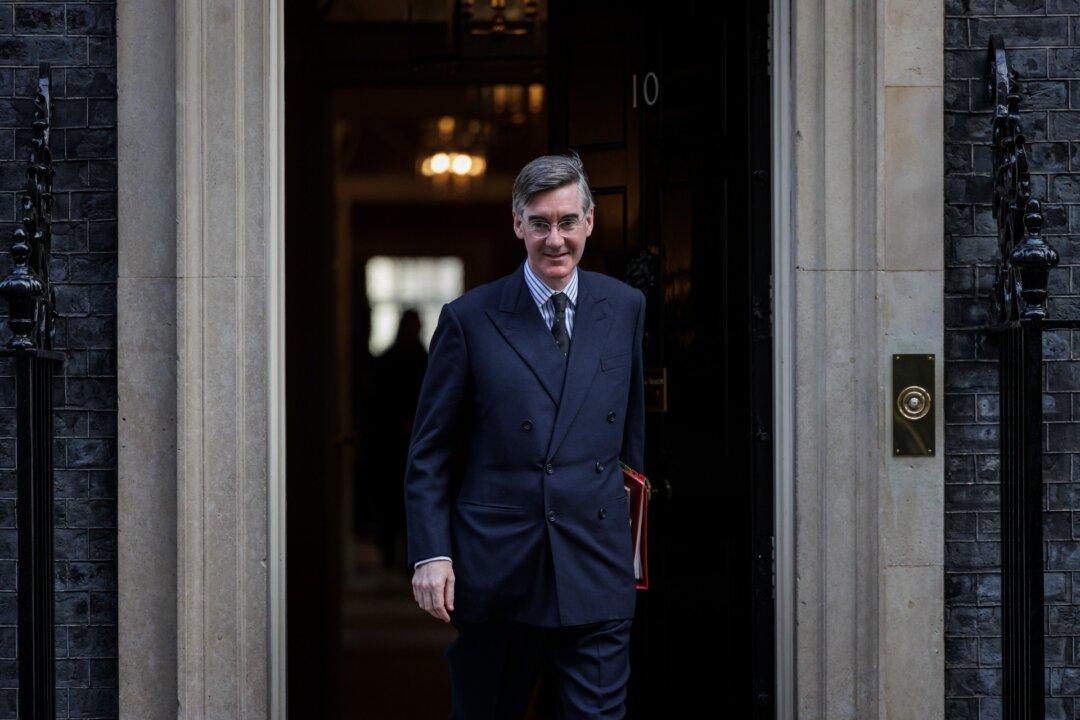A UK Cabinet minister has called for the “rapid return” of civil servants to their offices, arguing it is time to end working from home as all legal COVID-19 restrictions have been lifted.
In a letter to fellow ministers, Government Efficiency Minister Jacob Rees-Mogg urged them to issue a “clear message” to their departments that officials should be back in the office.





